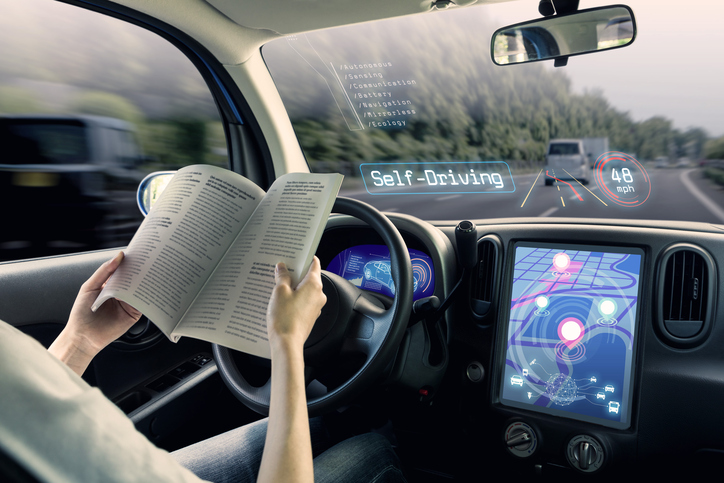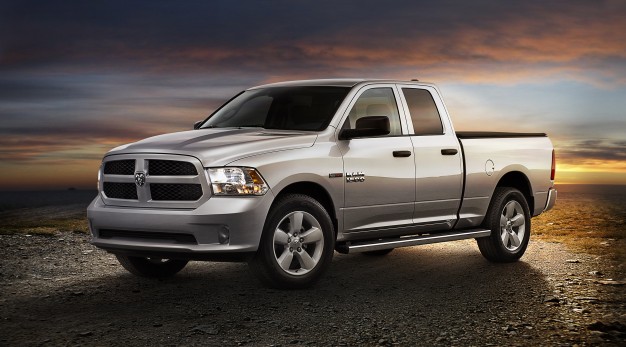Insuring Autonomous Vehicles In The Fabulous New
Bennett Jones LLP
In Blade Runner 2049, Nexus-9 replicant Luv asks the LAPD’s Lieutenant Joshi, “In the face of the fabulous new your only thought is to kill it? For fear of great change? You can’t hold the tide with a broom.”
While autonomous vehicles will not necessarily present the same challenges to society as an army of remorseless, bioengineered, self-replicating androids, the tide of fully autonomous vehicles is coming. The U.S. Secretary of Transport stated at the 2015 Frankfurt Auto show that he expects driverless cars to be in use all over the world within the next 10 years. Audi, BMW, Toyota, and Ford have all promised fully self-driving cars between 2020–2022. Driverless cars are now an inevitable “fabulous new” that will bring about great change. This will impact every business connected to the automotive industry, including insurance companies.
The Scope of Change
The change that fully self-driving autonomous vehicles will bring and the way our relationship with the car will change cannot be understated. Eventually there will be a complete passing of the baton from driver to car when vehicles are in control of their key functions. Liability for collisions will shift from the driver to the manufacturer. The CEO of Volvo has publicly said the company will accept full liability when one of its cars is in autonomous mode. On December 1, 2017, the California Department of Motor Vehicles dropped language from its proposed robot car regulations that would have let self-driving car automakers escape liability for crashes and shift the burden to consumers.
Many commentators have focused on the perceived negative sea-change that autonomous vehicles may wreak on the motor vehicle insurance markets. Fully autonomous vehicles are predicted to lead to a substantial reduction in motor vehicle accident claims, meaning lower premiums and tighter margins, and possibly competition from vehicle manufacturers themselves—as the focus of motor vehicle insurance shifts from individual driver characteristics to the make, model and software of the vehicle.
But with great change often comes great opportunity. Insurers who are quick to understand and adapt to the fabulous new may gain first-mover advantage in three key areas:
Cybersecurity
Insurance will be required for vehicle owners to protect against theft, unauthorized entry, ransomware, hijacking of vehicle controls, identity theft and privacy breaches.
Product Liability for Sensors and Software Algorithms
Manufacturers will need coverage for failures in communications systems, software (bugs, memory overflow, product defect, malicious coding by rogue employees) and hardware (sensory circuit failure, mechanical failure, camera vision loss, radar failure).
Public Infrastructure
When smart roads are built as public works, governments will need insurance for cloud server systems that manage traffic and roadways, as well as the failure of external sensors and signals.
It should also be kept in mind that while predicted to be safer, miscalculation by AI could lead to different accidents—things humans simply would not do. Collisions, when they occur, could also be more severe if fully autonomous vehicles travel at higher speeds than are currently allowed. In the shorter term, there could even be an increase in collisions and claims because humans will not understand the limitations of semi-autonomous (as opposed to fully autonomous) vehicles. Self-driving cars will also interact for some time with human-driven ones and human error. Moreover, while the focus of insurance may move from the characteristics of the individual to the vehicle, the essential insurable risks will remain the same, including accident, mechanical failure, vandalism, and theft.
The tide of self-driving cars is not going to stop. But insurers who move with it can make the most of the opportunities in the face of the fabulous new.
The content of this article is intended to provide a general guide to the subject matter. Specialist advice should be sought about your specific circumstances.
Source: Mondaq





